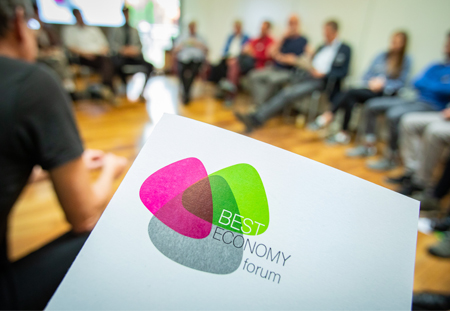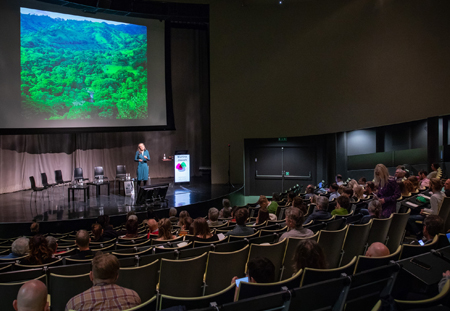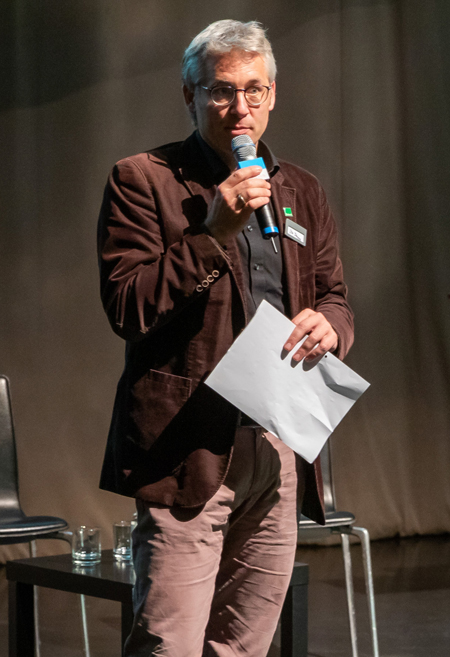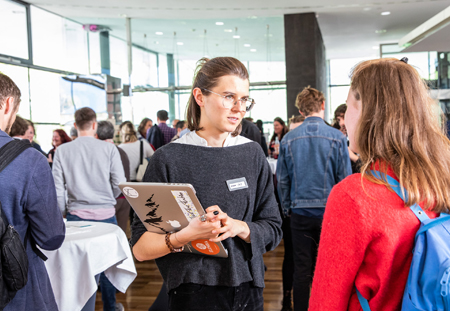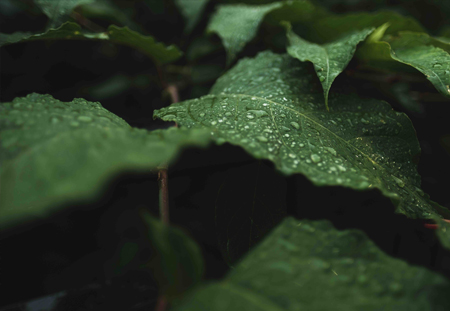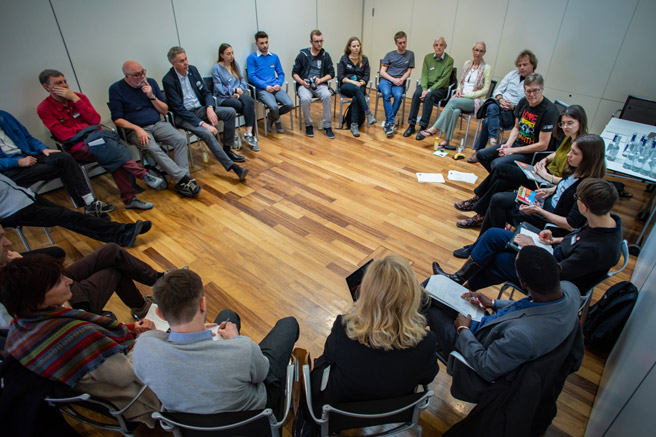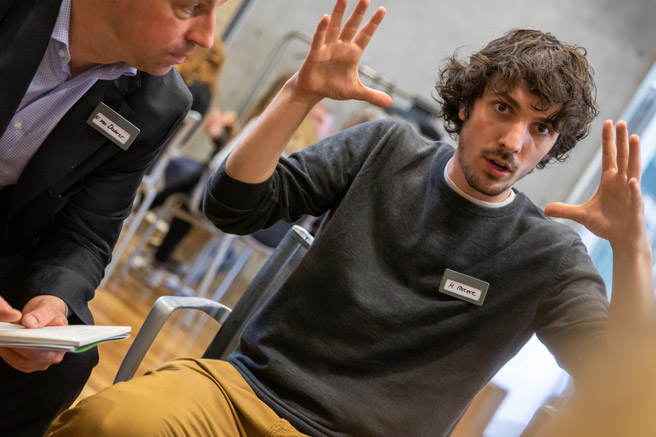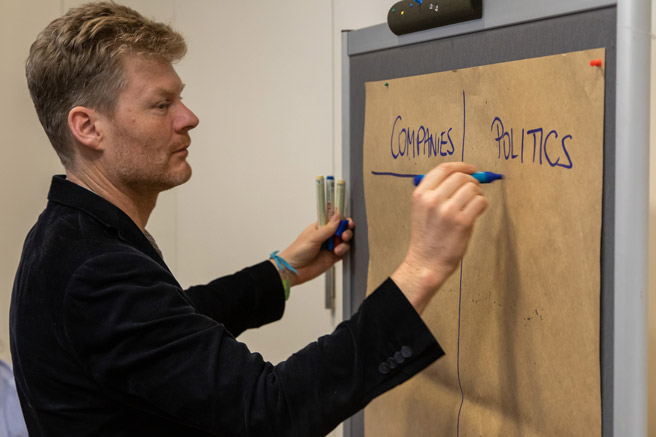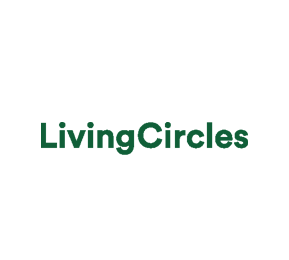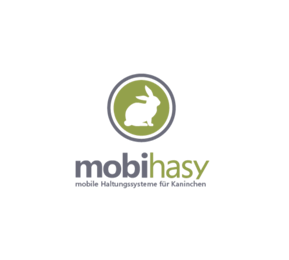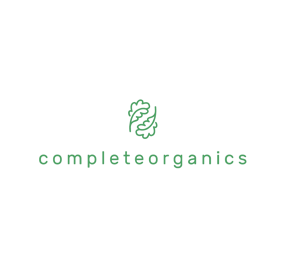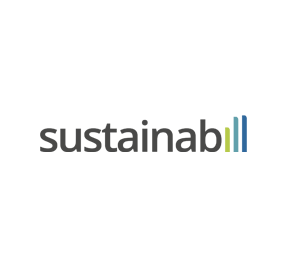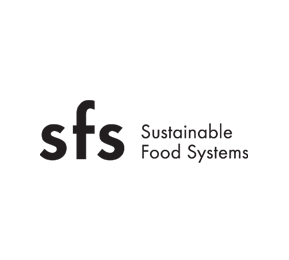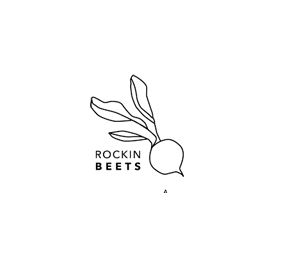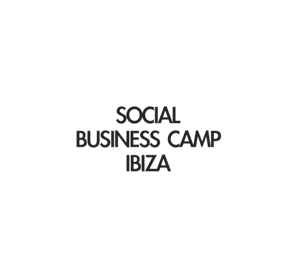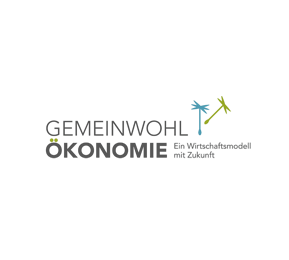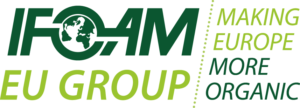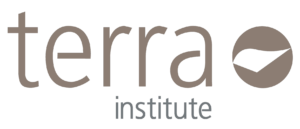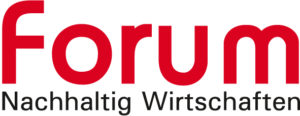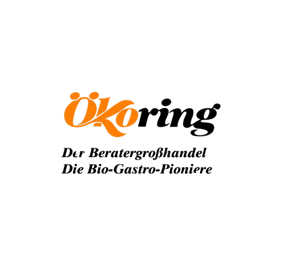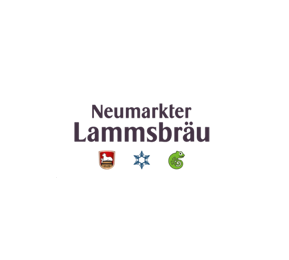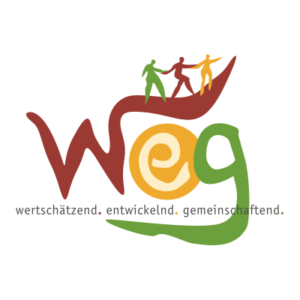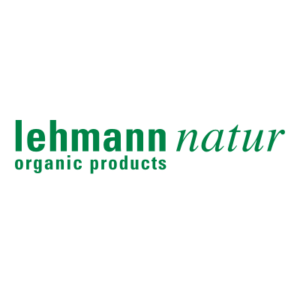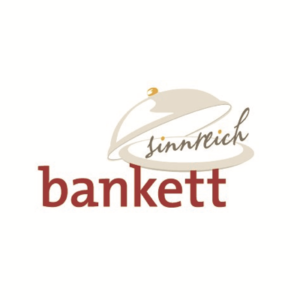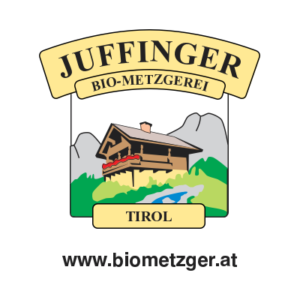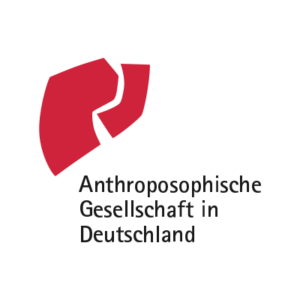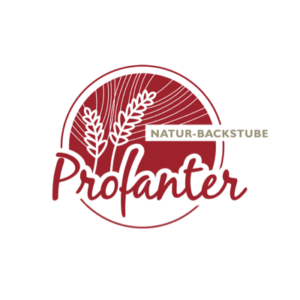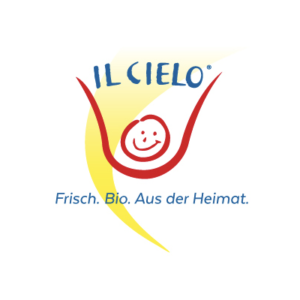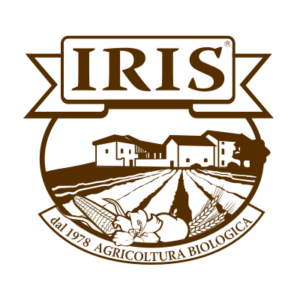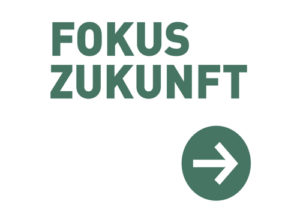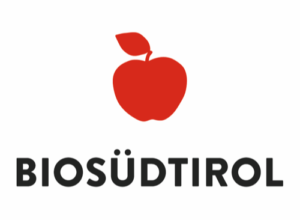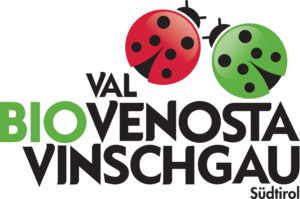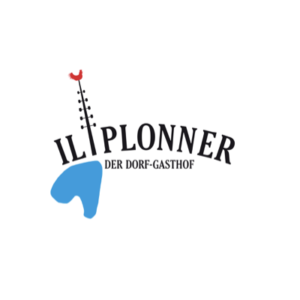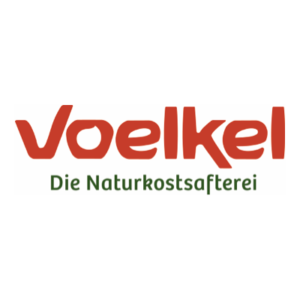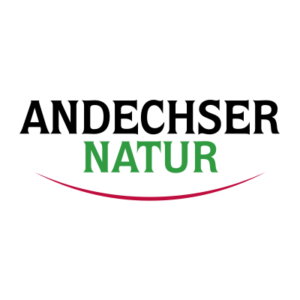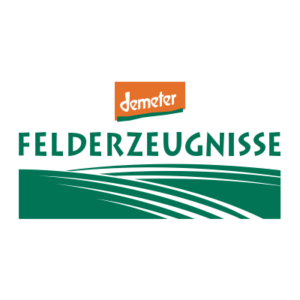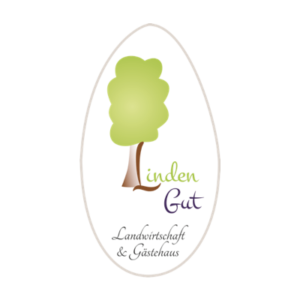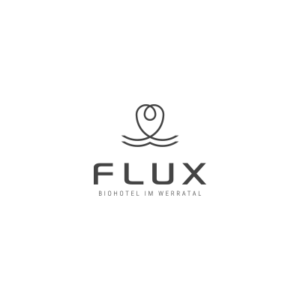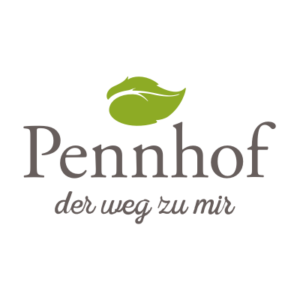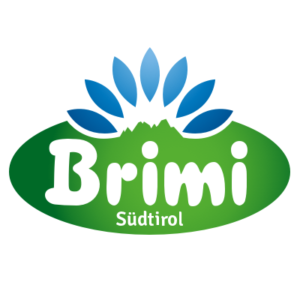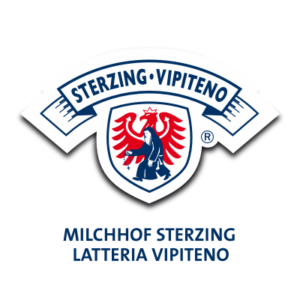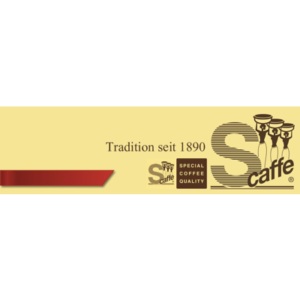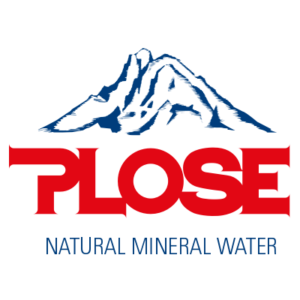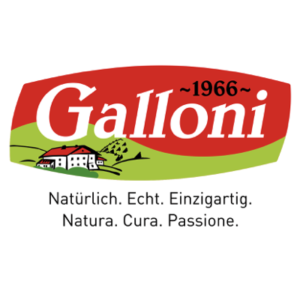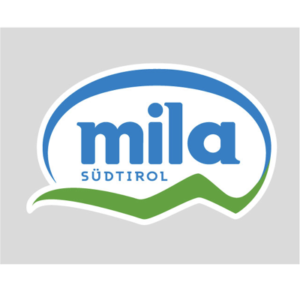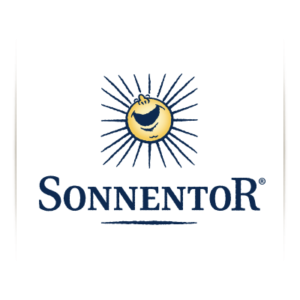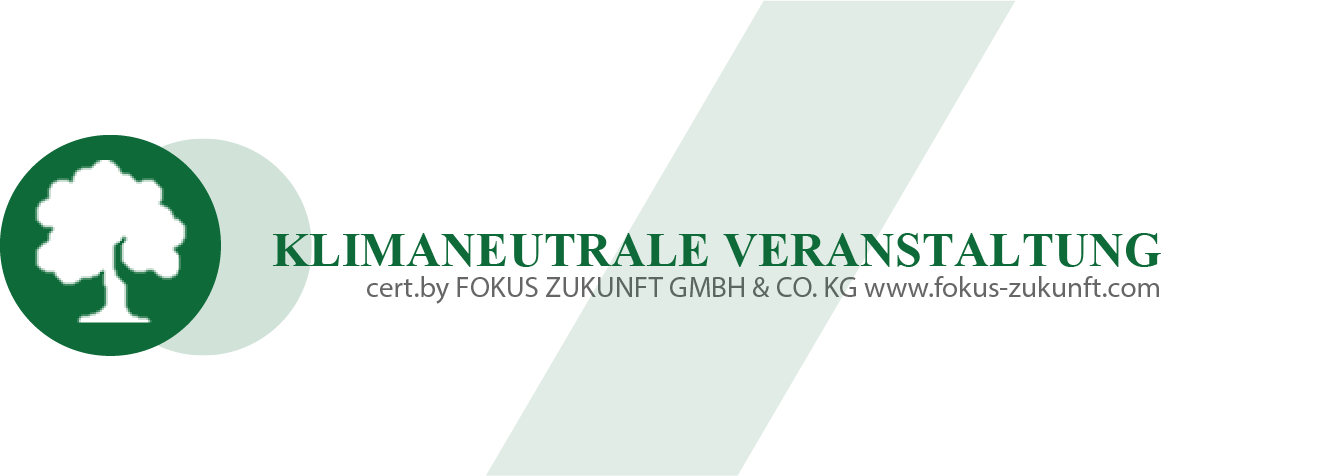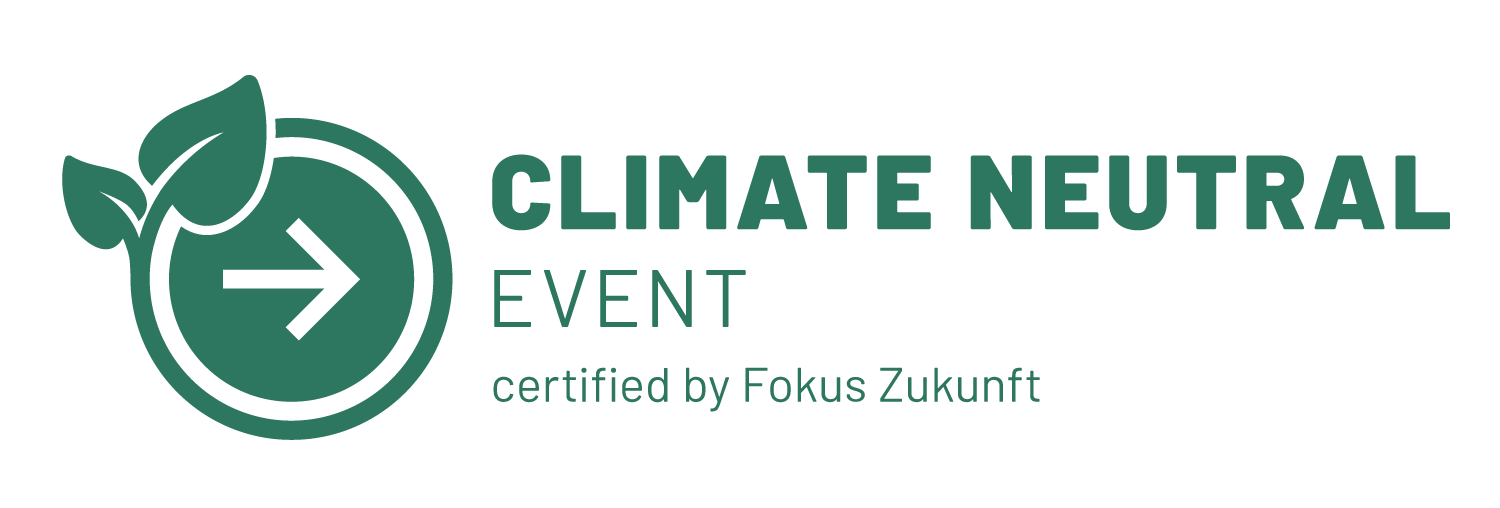More and more people are longing to bring their professional actions into harmony with their ethical convictions. To exchange their lifetime for money alone is for many the most toxic context imaginable. What they are longing for is, on the one hand, to serve a higher, meaningful mission, with behaviors that express relationships at eye level, and on the other hand, the self-confident person of today is also interested in raising his or her own potential and expressing his or her talents, insights, feelings and learning processes in professional activities. This tension between the current status quo in the economy and the always clearly perceptible longings/developments of the increasingly conscious people is increasing and generates a great creative potential.
The goals:
In 2 years: Ethical business should be mentioned and promoted as a value in politics, media and education. The election of the “most successful” manager of the year (e.g. in South Tyrol) is to be replaced by the election of the “successful ethical manager” of the year. In chambers of commerce and professional associations, at business schools and at the university, opinion-forming dialogues on the value formation of ethical management take place.
In 5 years: Public institutions apply dialogue-based review procedures to determine ethical business practices. In future, the payment of subsidies will be linked to ethics, just as the tax rate is linked to it. Banks are instructed to provide ethical companies with much easier access to liquidity and to offer them significantly improved financing conditions.
In 10 years: Ethical companies are winners all around: They work with tax breaks, win the battle for talent, simply benefit from public subsidies and bank financing. In moments of crisis, they enjoy the support of the public sector. The laws of the economy have completely changed in favour of giving priority to ethical enterprises.

